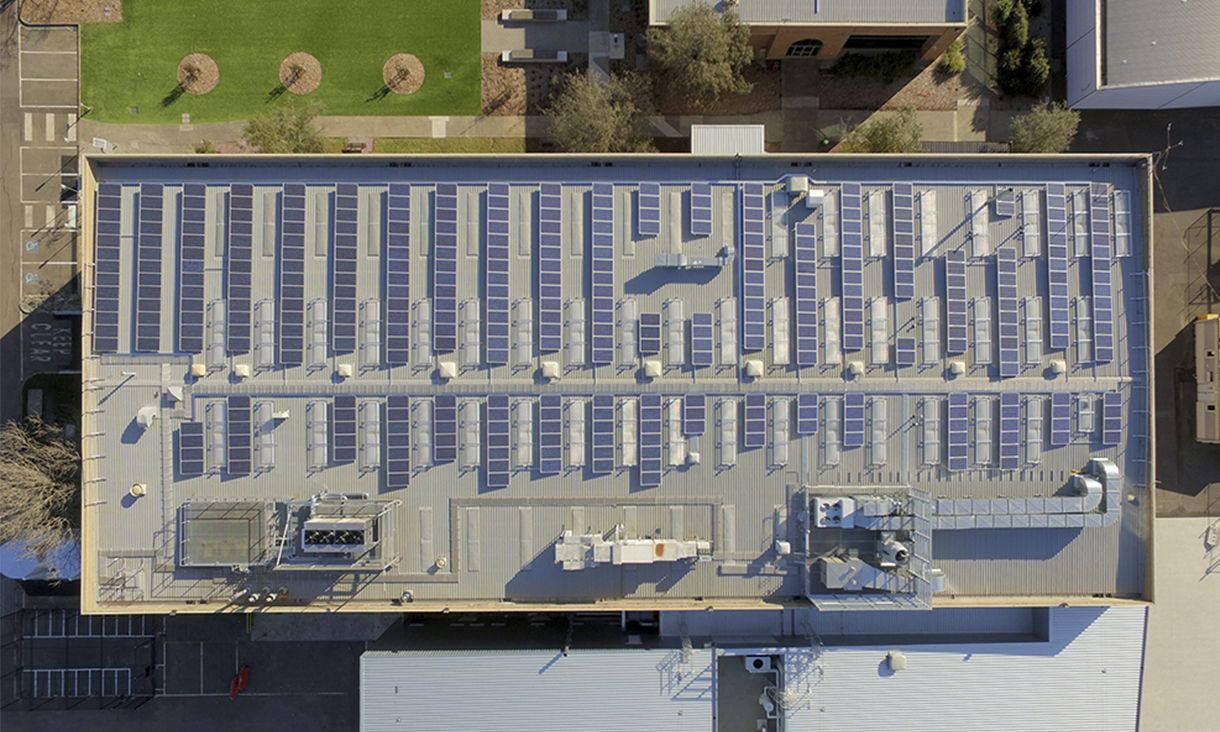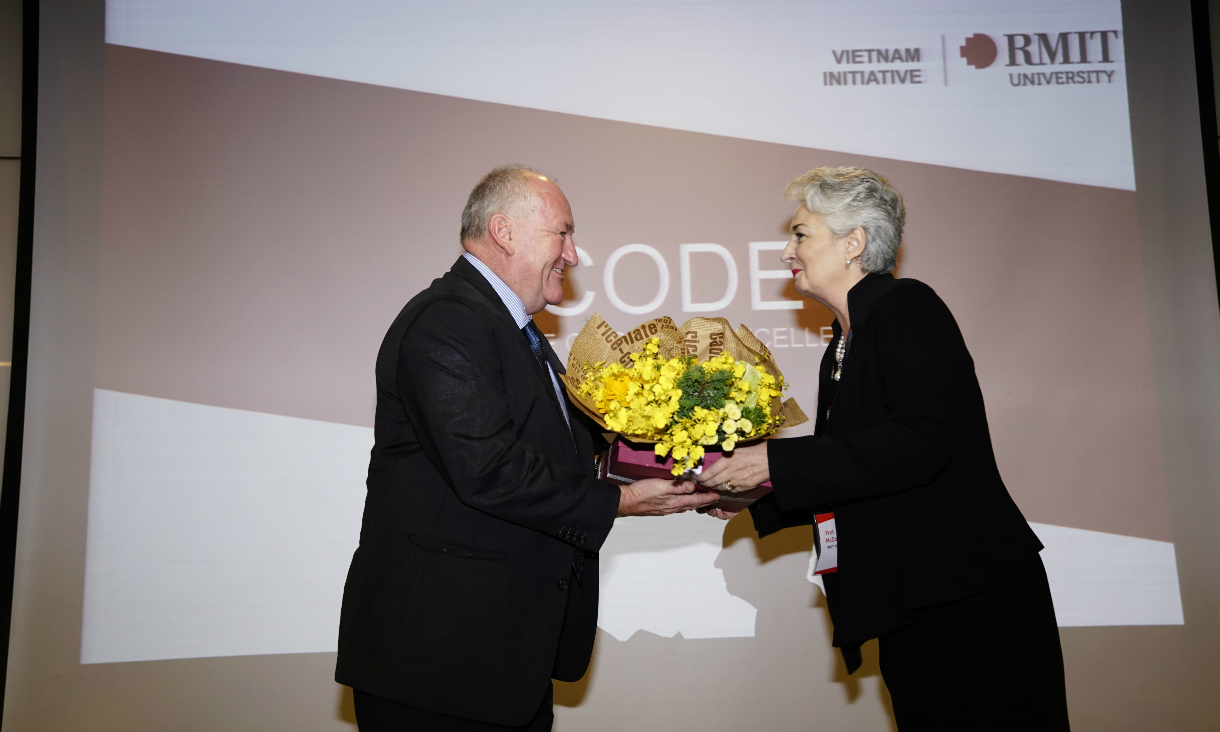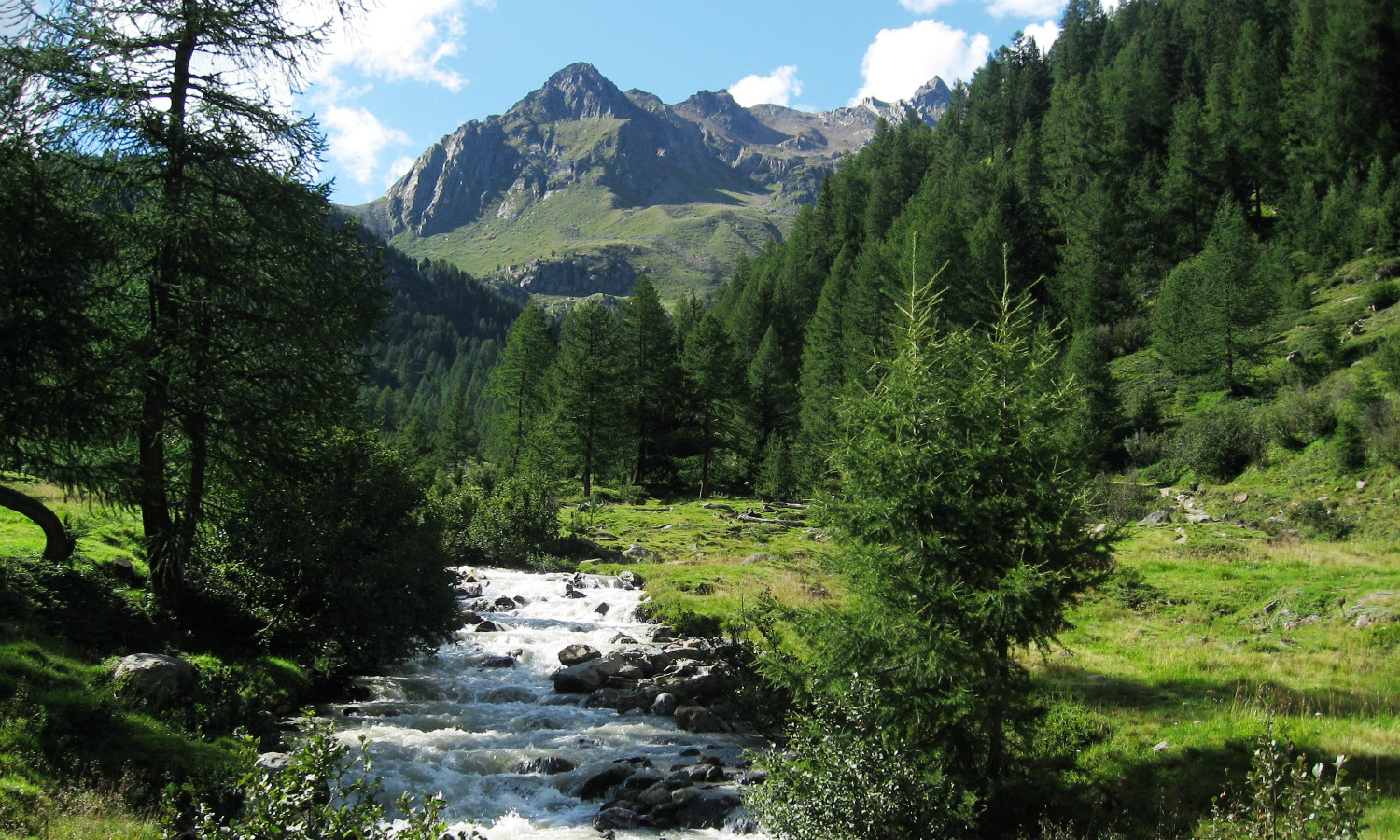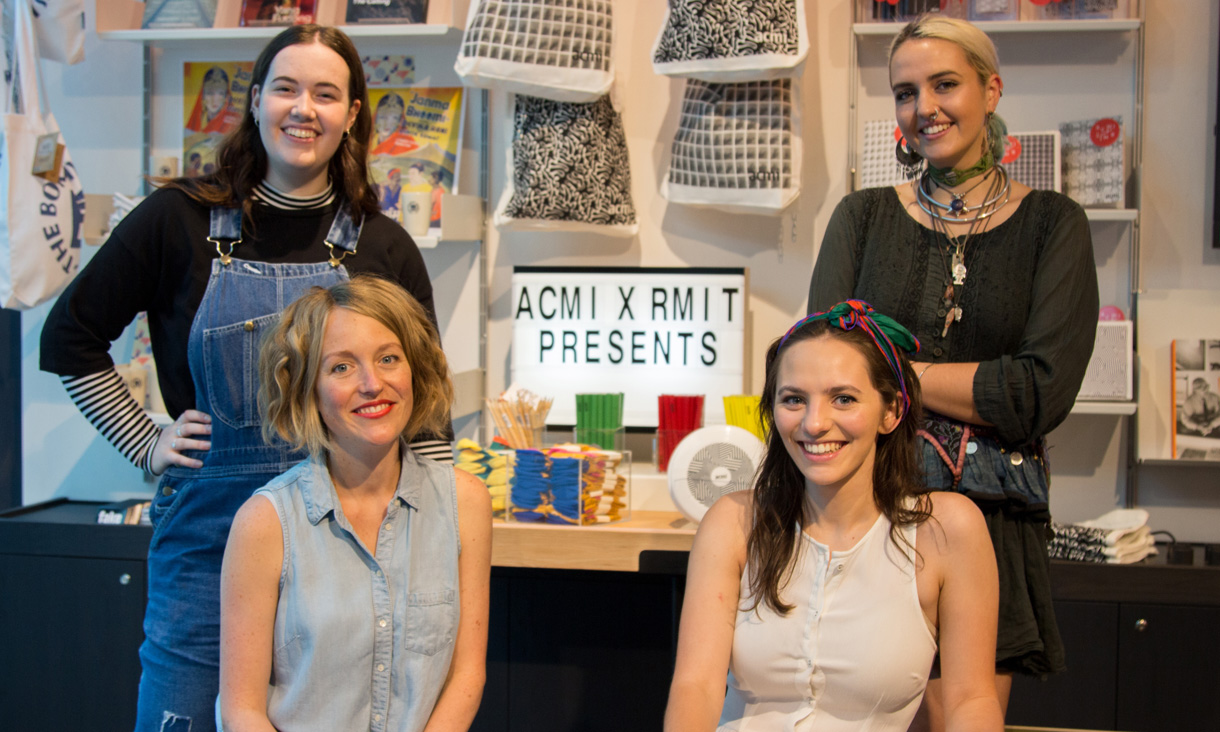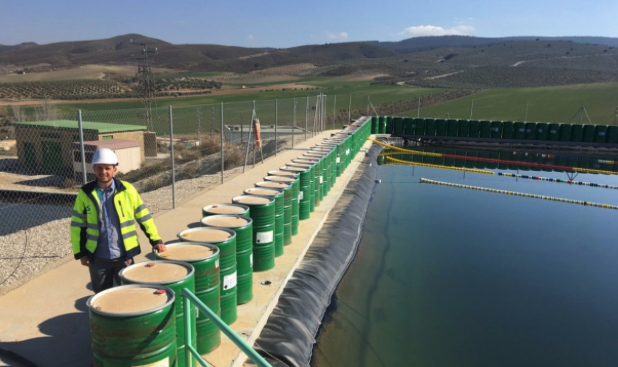The SUPP’s commitment to sustainability was executed through a combination of initiatives including the transformation of RMIT campuses and introduction of various new technologies.
Upgrades to seventy seven buildings across the City, Bundoora and Brunswick campuses delivered substantial improvements, to ensure the buildings not only adapted to current conditions but were prepared to withstand any future changes to these requirements.
These improvements included water saving upgrades, which resulted in a reduction of RMIT’s water consumption by 20 percent, saving 52 million litres of water annually- the equivalent of filling 21 Olympic sized swimming pools.
Significant improvements were also made in lighting, with over 40,000 new LED fittings installed saving 4.4 million kWh.
Senior Program Manager of the SUPP, Michael Snow commended the progress of the initiative,
“Following completion of the SUPP, RMIT has demonstrated that we are ‘walking the walk” when it comes to our commitments to sustainability,” he said.
“The initiative’s various upgrades dramatically reduced the University’s carbon footprint without compromising student experience and ensuring all campuses remained fully operational at all times throughout the project.”
In order to ensure the longevity of the program, the SUPP invested $4.8m into Learning, Teaching, Research and Engagement efforts that complemented the program objectives.
This investment allowed for accelerated skill development, enhanced research capabilities, and the development of career pathways for students in related industries.
The SUPP has also been utilised by RMIT students and researchers to develop new sustainability based solutions, providing a legacy of learning far beyond the initial scope of the initiative.
The success of the SUPP has not been overlooked, with the initiative being awarded Best ‘Smart Energy’ Project at National Australian Energy Efficiency Council 2017 Awards.
Beyond the SUPP program, RMIT’s ongoing commitment to sustainability has been recognised with acknowledgements in the 2017 Green Gown Awards Australia.
RMIT was also awarded the Facilities and Services award for the bike hub installed at the University and Learning, Teaching and Skills for the United Nations Sustainable Development Goals Study Tour in Vietnam.
RMIT’s significant investment in the SUPP allows the savings associated with the program to continue for years to come, consolidating the University’s longstanding commitment to sustainability and innovation.
Story: Maddy Pattison

